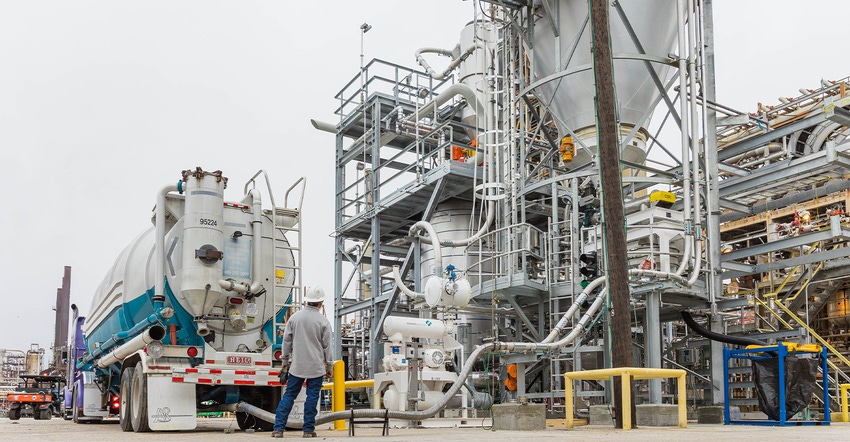New Study Examines Which Plastics Recycling Methods Are Most Efficient
As 300 million tons of plastic waste continues to be generated each year across the globe, governmental entities and stakeholders are working to improve recycling infrastructure. A new study from the American Chemical Society examined which methods of recycling are most efficient both economically and on an environmental level in an effort to determine the best methods for a closed-loop system.

As 300 million tons of plastic waste continues to be generated each year across the globe, governmental entities and stakeholders are working to improve recycling infrastructure.
A new study from the American Chemical Society examined which methods of recycling are most efficient both economically and on an environmental level in an effort to determine the best methods for a closed-loop system.
"Innovation within the recycling space is essential to reach targets set by the U.S. Plastics Pact and European Union to achieve 50% plastic packaging recycling or composting by 2025," researchers noted. "Several closed-loop (plastic-to-plastic) and open-loop (plastic-to-x) recycling techniques are entering this landscape and can be classified as physical or chemical."
Researchers began by evaluating the differences between physical and advanced recycling processes. While plastics can be recovered, they said that there is a lack of quantitative and transparent data regarding these processes.
A data set considering material quality, material retention, circularity, contamination tolerance, minimum selling price, greenhouse gas emissions, energy use, land use, toxicity, waste generation, and water use metrics for closed-loop recycling was developed. The study assessed the technologies across technical, environmental and economic metrics. Researchers worked to identify contributors in order to improve technology efficiency.
"Of the chemical recycling techniques for PET, glycolysis offered the best economic and environmental performances," they concluded.
They further noted, "organic solvents, steam, and electricity were identified as key drivers of the MSP, energy use, GHG emissions, land use, toxicity, and water use of the technologies. Sensitivity analysis and MCDA showcased areas for future improvement, including process yields, consumable reduction or replacement, utility decarbonization, and closed-loop recycling options for polyolefins. "
About the Author(s)
You May Also Like


